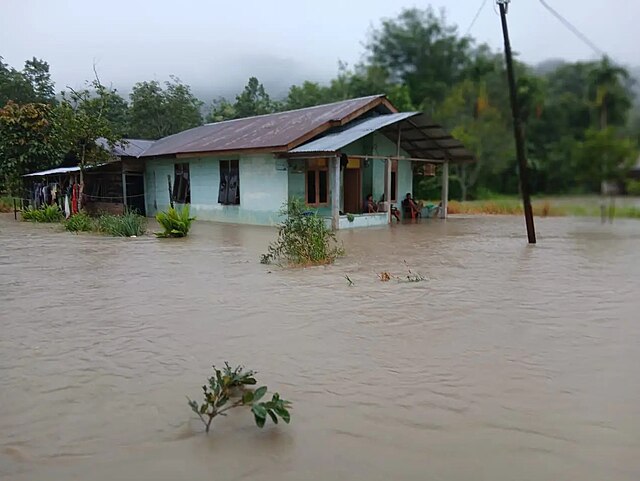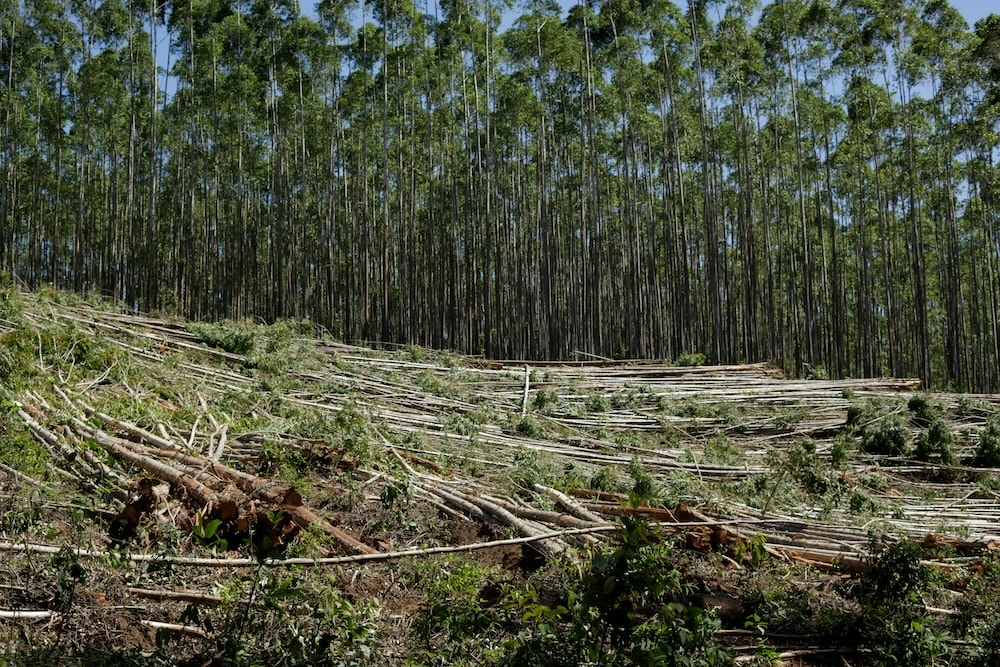Starbucks has continued to fight climate change agribusiness as it has expanded its innovation farms in Central America, acquiring two new farms in Guatemala and Costa Rica. These two new farms are a part of their aim to safeguard the general coffee supply chain from the impacts of climate change in agribusiness through ESG innovation in agriculture, developing sustainable solutions. By prioritizing the fight against key environmental challenges and focusing on sustainable agriculture, Starbucks is ensuring that coffee production will remain resilient against climate change.
At these farms, farmers will test hybrid crop varieties and utilize drones to streamline labor-intensive processes. This initiative not only tackles climate-related issues but also addresses workforce shortages, aligning with the principles of ESG innovation in agribusiness. Starbucks is committed to securing its coffee supply chain through innovative practices that enhance sustainability and productivity.
Farmers could track their individual ESG performance through ESG software which could make sure they comply with rules and regulations whilst improving sustainability.
Securing the coffee supply amidst climate crisis
Being one of the largest coffee chains on the globe, even being the largest in major markets such as the US, they control the sourcing of roughly 3% of the world’s coffee supply. As the company uses a specific type of coffee bean called the Arabica, which is particularly sensitive to heat, a slight change in temperature, particularly likely because of climate change, would negatively impact the yield, aroma, or even flavor. This means that it is vital to address the threat of climate change to agribusiness, or there will be a significant reduction in suitable land for coffee production by 2050.
The repercussions of climate change are already evident, with severe droughts in Brazil and Vietnam pushing coffee prices higher. To combat these challenges, Starbucks has ramped up investments in its supply chain. At its first innovation farm, Hacienda Alsacia, Starbucks successfully developed a coffee variety resistant to rust disease, which has caused significant yield losses in Latin America. To date, the company has distributed approximately 90 million climate-resistant coffee trees and over 53 million seedlings to farmers across the region.
Related Articles: Brewing Sustainability: Imagining a Circular Coffee Supply Chain | To Adapt to a Changing Climate, Coffee Farmers Need Bold Allies | Bonaverde: Saving the planet one cup of coffee at a time
Scaling innovation for global impact
The newly acquired farms in Costa Rica and Guatemala are just part of a broader strategy. Starbucks plans to expand its innovation network into Africa and Asia, focusing on research tailored to the unique needs of each region. This will not only promote climate resilience but also support Starbucks’ goal of achieving “carbon-neutral green coffee” by 2030.
For small and medium-sized enterprises (SMEs) looking to adopt similar sustainability practices, Impakter’s ESG solutions provide essential tools for effective reporting. Our ESG reporting tool simplifies the process, helping businesses measure, monitor, and improve their environmental and social impact.
Starbucks’ commitment to investing in sustainable agriculture serves as a model for other businesses. By leveraging ESG innovation in agribusiness, Starbucks is ensuring a sustainable future for coffee growers around the world while maintaining a steady supply of one of the world’s most cherished beverages.
Businesses can use ESG software tools to help improve their sustainability and ESG performance such as Klimado’s ESG reporting tool.
***
This article is referenced from Starbucks buys more innovation farms to create climate-proof coffee | Agriculture Dive by Agriculture Dive
Editor’s Note: The opinions expressed here by the authors are their own, not those of impakter.com — Cover Photo Credit: Livier Garcia













